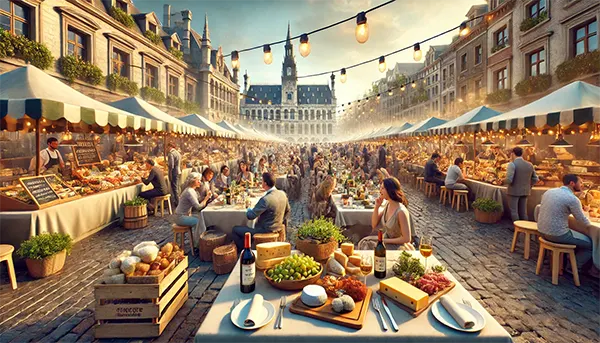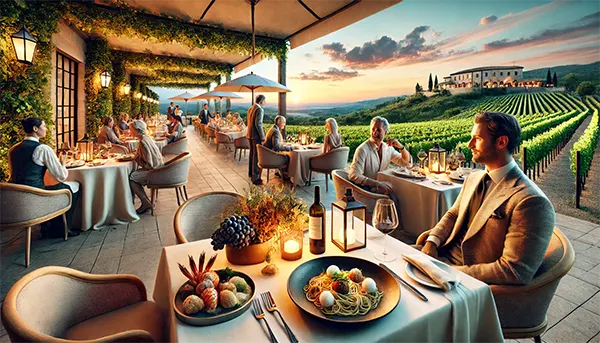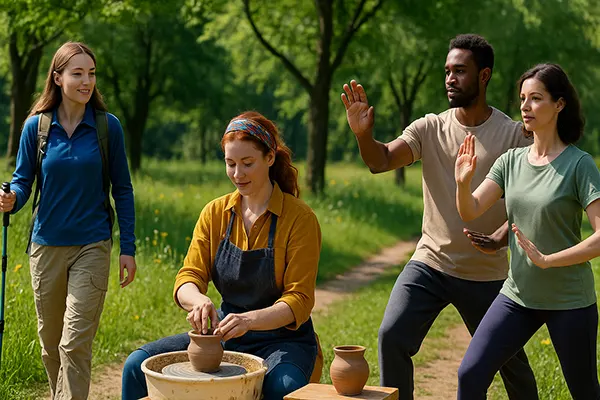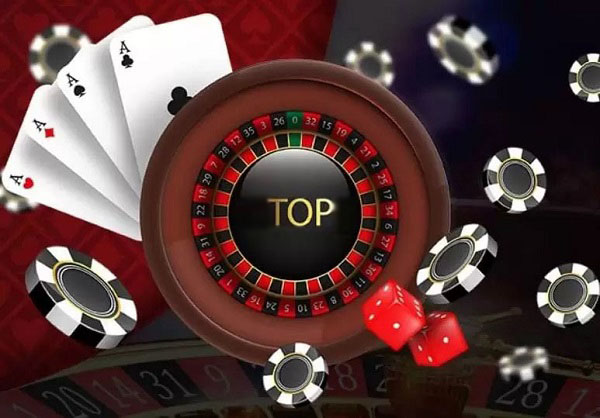Gastronomic Festivals 2025: Where to Travel for New Flavours
Gastronomic tourism is becoming increasingly popular among food lovers, offering a unique opportunity to explore new cultures through taste. France and Europe, known for their rich culinary traditions, will host numerous food festivals in 2025, featuring wine, cheese, seafood, and street food. In this article, we will explore the top five must-visit food festivals, provide tips on preparing for a gastro-tour, and guide you on where to book tickets and what dishes to try.
Top 5 Gastronomic Festivals in Europe 2025
Food festivals in Europe are not just about tasting delicious dishes but also about learning culinary secrets, meeting famous chefs, and experiencing local traditions. In 2025, some of the most anticipated events include festivals dedicated to wine, cheese, seafood, and street food.
One of the top events is the Salon du Chocolat in Paris, France, where chocolate lovers can discover the finest artisanal chocolates, attend masterclasses, and witness spectacular chocolate sculptures. Another must-visit is the Truffle Festival in Alba, Italy, which attracts gourmets worldwide with its luxurious truffle auctions and fine dining experiences.
For those passionate about seafood, the Oyster Festival in Galway, Ireland, offers an authentic experience with fresh oysters, live music, and traditional Irish entertainment. Wine enthusiasts should not miss the Bordeaux Wine Festival, where visitors can taste wines from world-renowned vineyards along the scenic Garonne River. Lastly, the Barcelona Street Food Festival presents a diverse selection of international street food, combining vibrant flavours with the city’s unique cultural atmosphere.
Unique Features of These Festivals
Each of these festivals offers something distinctive, making them a must-visit for food lovers. The Salon du Chocolat is famous for its innovative chocolate designs and interactive workshops. The Truffle Festival in Alba provides a chance to participate in truffle hunting excursions with trained dogs.
The Galway Oyster Festival is not just about oysters; it also features an exciting oyster-shucking competition, bringing together seafood enthusiasts from around the world. The Bordeaux Wine Festival includes guided wine tastings and vineyard tours, allowing visitors to deepen their understanding of winemaking traditions.
Meanwhile, the Barcelona Street Food Festival stands out for its diverse range of cuisines, from Mediterranean delicacies to Asian fusion dishes, all served in a lively open-air setting. Each festival guarantees a memorable experience filled with authentic flavours and culinary surprises.
How to Prepare for a Gastro-Tour
Attending a gastronomic festival requires some preparation to make the most of the experience. First, research the event schedule in advance to ensure you don’t miss key attractions such as live cooking shows, food pairing sessions, and cultural performances.
Comfortable clothing and footwear are essential, especially for festivals held in large outdoor areas. Carrying a reusable water bottle and some light snacks can also be helpful, particularly at events where queues for food stalls can be long.
It is also recommended to learn basic phrases in the local language, especially if travelling to smaller towns where English might not be widely spoken. Understanding the cultural etiquette related to food and dining will enhance your overall experience and help you engage better with locals.
Booking Tickets and Accommodation
Many gastronomic festivals require advance ticket purchases, especially for exclusive tasting sessions and VIP experiences. Booking tickets online through official websites ensures availability and often provides discounts for early reservations.
Accommodation options vary depending on the festival location. Major cities like Paris and Barcelona offer a wide range of hotels, hostels, and short-term rentals, while smaller towns like Alba may require booking well in advance due to limited lodging options.
For a more immersive experience, consider staying at a local guesthouse or vineyard near the festival venue. This allows visitors to enjoy a deeper connection with the local culinary culture and explore additional regional specialties.

Gourmets’ Impressions and Must-Try Dishes
Visitors who have attended these festivals often highlight the vibrant atmosphere, the variety of flavours, and the opportunity to meet renowned chefs. Many describe the experience as an unforgettable culinary adventure.
Some must-try dishes include artisanal dark chocolate from Paris, fresh white truffles from Alba, and traditional Irish oysters paired with a pint of Guinness in Galway. In Bordeaux, wine lovers should sample Grand Cru wines along with local cheeses and charcuterie.
At the Barcelona Street Food Festival, food lovers can explore diverse dishes such as paella, tapas, and gourmet burgers. Each festival offers a unique opportunity to taste authentic regional specialties, making them an excellent choice for culinary travellers.
Final Tips for Enjoying a Gastronomic Festival
To make the most of your gastronomic festival visit, arrive early to explore different food stalls before the crowds increase. Engaging with chefs and local vendors can also provide deeper insights into the ingredients and cooking techniques used.
Budgeting wisely is important, as some festivals offer premium tasting sessions at additional costs. Consider purchasing a tasting pass if available, as it can provide access to multiple food and drink options at a better price.
Lastly, documenting your experience through photos and notes will help preserve memories of the flavours and cultural highlights encountered during the festival. Whether attending for leisure or culinary research, these events are a gateway to discovering new tastes and traditions.





